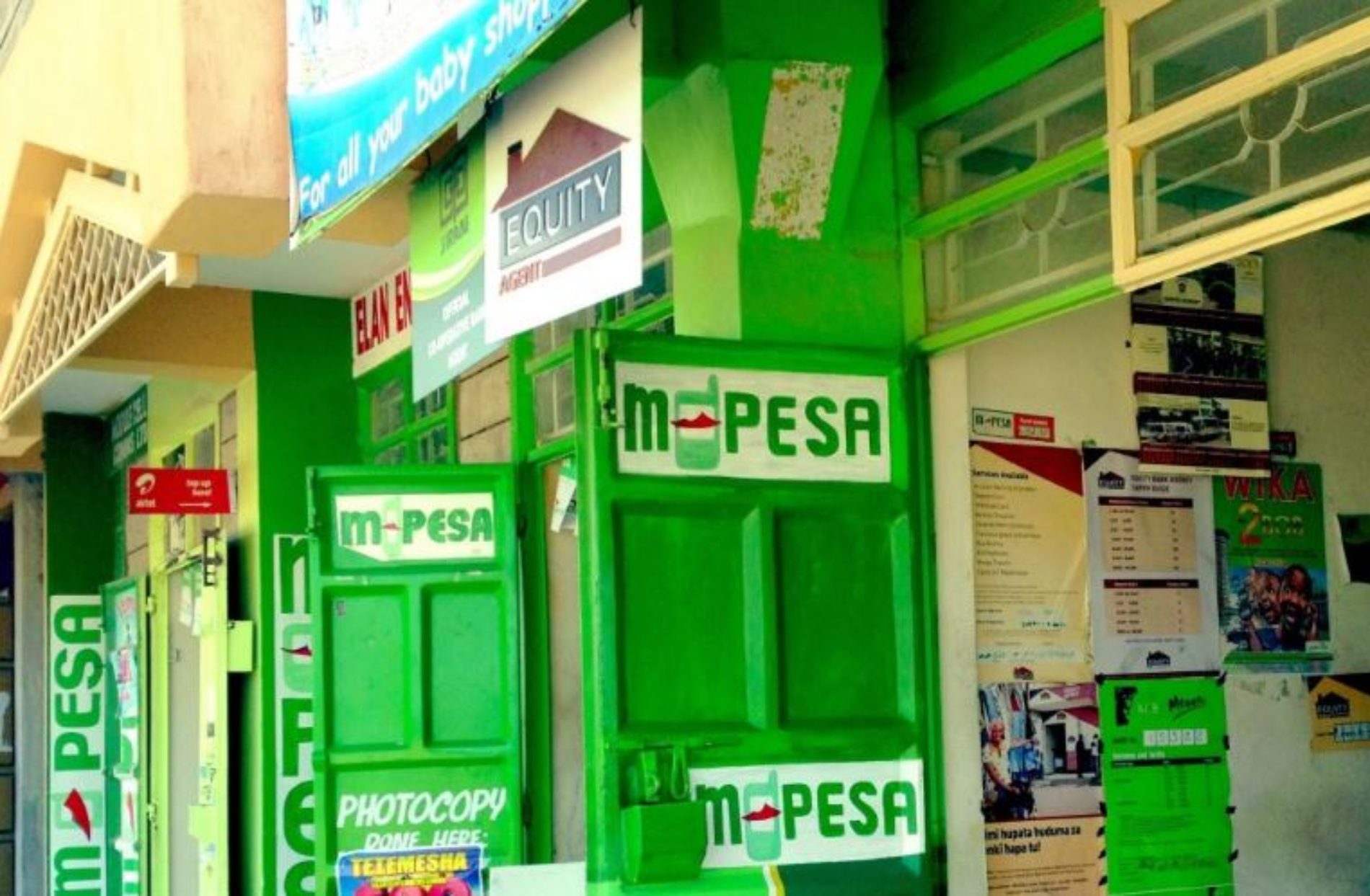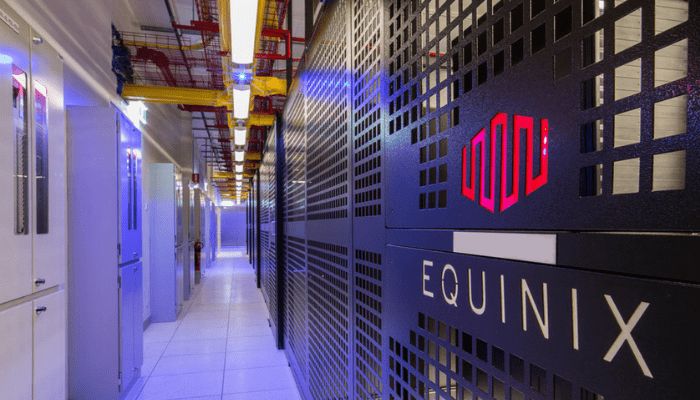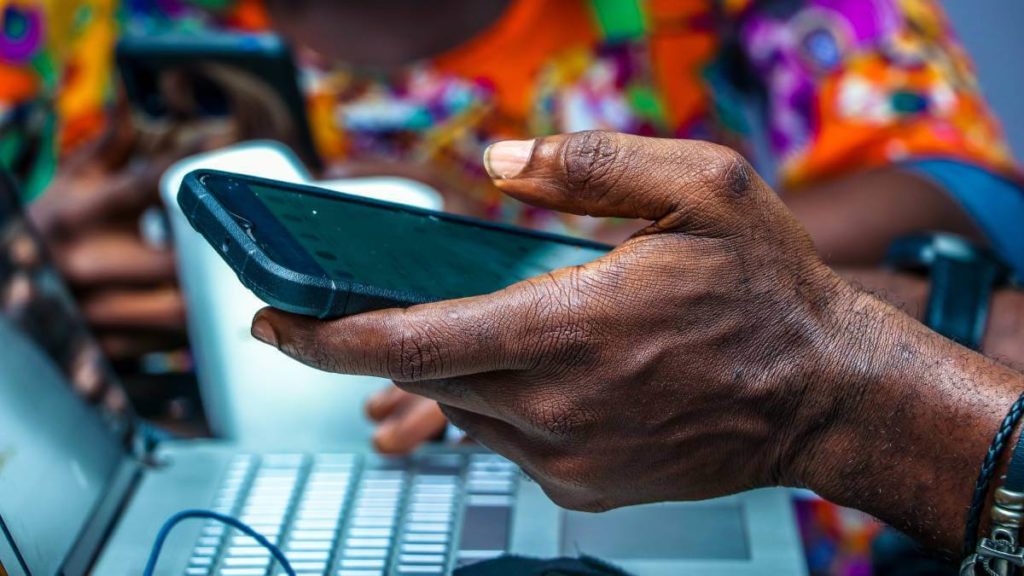Safaricom’s M-PESA service disruption has affected bank-to-mobile money transfers. Amid the chaos, the operator is yet to acknowledge downtime.
Over the last couple of hours, Safaricom’s mobile money product, M-PESA, has experienced an outage. The downtime was not isolated to just a few users, as most Kenyans reported having issues transacting on the platform. Based on consensus from these customers and tests, it has been established that M-PESA services could not be accessed from its smartphone app, MySafaricom, and the M-PESA super app. Customers also reported issues when transferring funds from banks to their M-PESA wallets.
Some banks, such as Standard Chartered Bank, have since communicated the issue to customers. “Our online banking/SC mobile app bank to M-PESA and mobile banking *722# services are unavailable. We are working together to restore the services and apologise for any inconvenience caused,” reads a statement from the Stanchart.
While other banks have not notified their customers about service disruption, users reported the issues on social media channels. For instance, I&M customers reported experiencing problems when transferring funds from their banks to M-PESA. However, M-PESA did not reflect the transfers. Nonetheless, the same customers have also reported that the transactions were eventually completed after hours of waiting. The bank also emailed users, acknowledging there was a downtime in an email to a client: “The reason for this (disruption) is because Safaricom had a system downtime, which caused all bank to M-PESA transfers to be incomplete. We seek your indulgence as Safaricom makes efforts to restore normalcy on their end. The funds will either be credited back to the sending accounts or transactions completed to the recipient.”
Safaricom has not released any statement acknowledging the issue. There is an unsubstantiated rumour that some M-PESA gateways were compromised. The operator is known for its tight-knit communications system that does not reveal valuable information about downtimes. TechCabal’s attempts at digging deeper into the matter have not been successful. Nevertheless, Safaricom has texted customers: “M-PESA services on the M-PESA and Safaricom apps are currently unavailable. We are working to restore our apps, in the meanwhile, you can make M-PESA transactions through *334#. We do apologise for any inconvenience caused.”
The Kenyan economy heavily relies on mobile services, with M-PESA leading the market at over 96% market share. Locals extensively use this service for person-to-person transfers, payments, accessing loans, and overdrafts, among many other functions. The payments aspect is particularly crucial as it incorporates other services, such as purchasing tokens for electricity or paying for government services. A few months ago, power distributor Kenya Power closed other channels for power purchases, leaving only M-PESA and Airtel Money payments available. Furthermore, government services like passport, eVisa, and driving license applications, now accessible via the recently hacked eCitizen platform, are also paid for using mobile money. Kenyans also frequently transfer funds to and from their bank accounts to M-PESA for various reasons. This is a tiny glimpse of how deeply M-PESA has integrated into the Kenyan economy and how downtime can significantly disrupt daily economic activities.
These concerns have also raised a much-debated question of whether M-PES should be separated from Safaricom. Safaricom CEO Peter Ndegwa had previously revealed that separating the two businesses would create a holding company responsible for managing the telco’s mobile money services, towers, data services, and the Ethiopian arm. The Ethiopian business has already been launched. The development was slated for January 2023 but did not occur. Ndegwa had also stated that they expected to have a holding company, likely listed, with several businesses operating under Safaricom. The carrier also foresaw the possibility of monetising some of their assets, such as leasing towers and creating a separate tower company.















